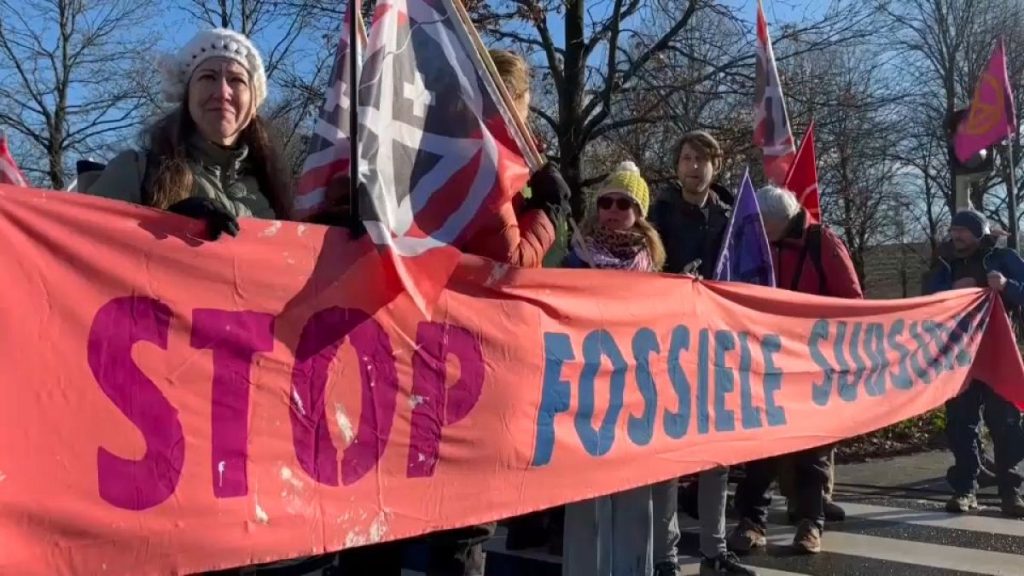On a Saturday in The Hague, Netherlands, climate activists affiliated with Extinction Rebellion staged a disruptive demonstration against government policies concerning fossil fuel subsidies. The activists targeted a major entry and exit point to the city on the A12 highway, a location with a history of similar protests by the group. Authorities, anticipating the demonstration, had preemptively banned the protest and erected barriers along the highway in an attempt to prevent activists from accessing the road. Despite these measures, several hundred protesters, operating in smaller, dispersed groups, successfully navigated the obstacles and converged on the A12, effectively blocking traffic flow into and out of the city along that stretch of highway. Police responded to the blockade by deploying water cannons and detaining an undisclosed number of protesters.
This particular demonstration underscores the ongoing tension between Extinction Rebellion and the Dutch government over its stance on fossil fuel subsidies. Extinction Rebellion has consistently opposed these subsidies, viewing them as counterproductive to climate action and a perpetuation of environmentally harmful practices. The recent reinstatement of these subsidies by the new right-wing government, after a period of abolition, has further fueled the activists’ discontent and motivated their continued protests. The protesters argue that these subsidies incentivize the continued use of fossil fuels, exacerbating the climate crisis and contributing to environmental disasters worldwide.
The protesters’ grievances are deeply rooted in their concerns about the escalating climate crisis. They point to events like the wildfires in Los Angeles and other climate-related catastrophes as evidence of the urgent need for more decisive action. They criticize the government for what they perceive as a lack of urgency and inadequate response to the climate emergency. The protesters believe that continuing to subsidize fossil fuels is not only environmentally irresponsible but also economically unsound, diverting substantial resources towards industries that contribute to climate change.
The financial scale of these subsidies forms a central part of the protesters’ argument. They claim that the Dutch government allocates approximately €47 billion annually to the most polluting industries in the Netherlands. This figure aligns with government data from 2023, which estimated annual fossil fuel subsidies to be between €39.7 and €46.4 billion. The protesters contend that these funds could be redirected towards sustainable energy initiatives and climate mitigation efforts, creating a more environmentally responsible and economically viable future.
The protest on the A12 highway represents a continuation of Extinction Rebellion’s long-term campaign to pressure the Dutch government to eliminate fossil fuel subsidies. The activists see this as a crucial step towards mitigating the climate crisis and transitioning to a more sustainable energy system. Their continued protests, despite police intervention and legal prohibitions, highlight their determination to hold the government accountable for its climate policies. The disruptive nature of their tactics reflects their belief that urgent and radical action is necessary to address the climate emergency effectively.
The confrontation between Extinction Rebellion and the Dutch authorities over fossil fuel subsidies reflects a broader global debate on the role of government in addressing climate change. The activists’ persistent protests underscore the growing public concern about the climate crisis and the demand for more ambitious government action. This clash highlights the challenges governments face in balancing economic interests with environmental concerns, and the increasing pressure from civil society groups to prioritize climate action. The demonstration on the A12 highway serves as a microcosm of the larger struggle for climate justice and a sustainable future.

